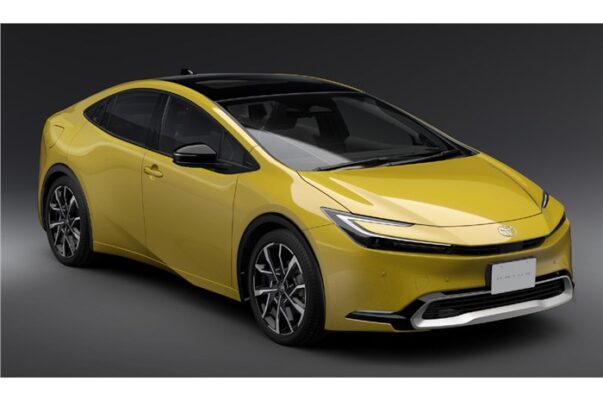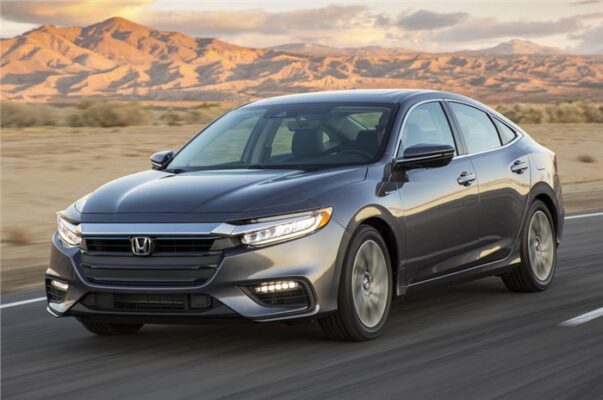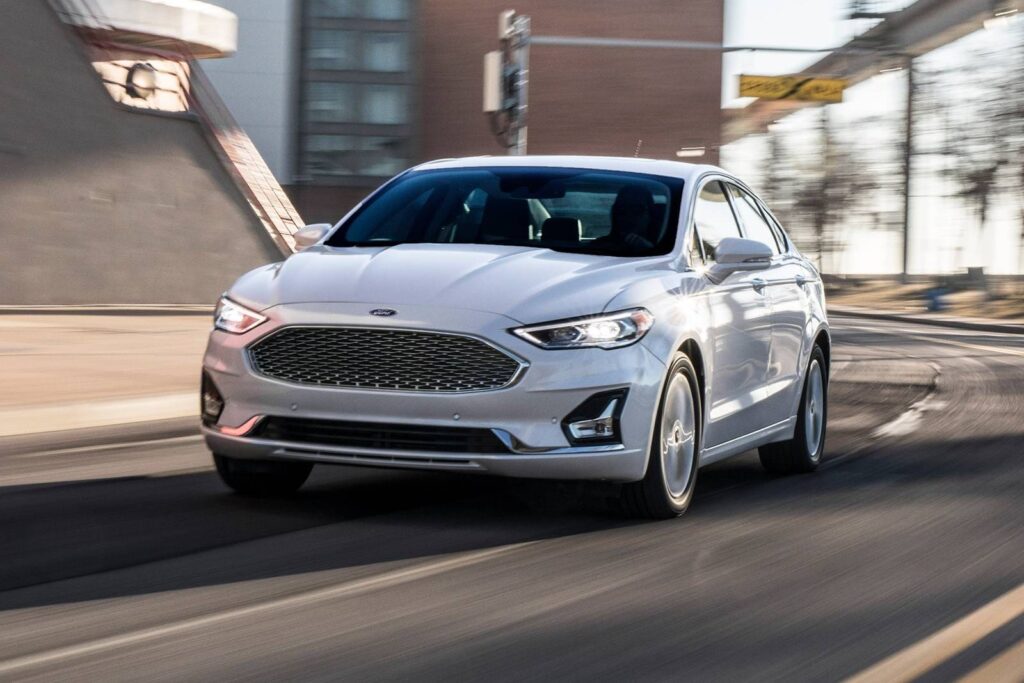Hybrid cars, also known as hybrid-electric vehicles (HEVs), offer a number of benefits over traditional gas-powered cars. They are designed to improve fuel efficiency, reduce emissions, and provide a more sustainable mode of transportation.
Hybrid cars are becoming increasingly popular as a way to reduce fuel consumption and decrease emissions. These vehicles use a combination of an internal combustion engine and an electric motor to power the car, with the electric motor providing additional power when needed.
What are the Benefits of hybrid cars
- One of the biggest benefits of hybrid cars is their increased fuel efficiency. The electric motor allows the car to run on electricity alone for short distances, which can save a significant amount of fuel. Additionally, when the car is braking or coasting, the electric motor acts as a generator, capturing energy that would otherwise be lost and storing it in the car’s battery. This energy can then be used to power the electric motor, reducing the amount of fuel needed to power the car.
- Hybrid cars also emit fewer pollutants than traditional gas-powered cars. The electric motor produces no emissions at all, and the internal combustion engine can be designed to be more efficient and emit fewer pollutants when running in conjunction with the electric motor.
- Hybrid cars are becoming increasingly popular and as technology advances, these vehicles will become more efficient and affordable. They are the perfect solution for those looking to reduce their carbon footprint and save money on fuel costs.
Types of Hybrid Cars
There are two main types of hybrid cars: parallel hybrids and series hybrids.
1. Parallel hybrids cars
Parallel hybrids have both an internal combustion engine and an electric motor, which can both power the car independently or work together.
2. Series hybrids cars
Series hybrids, on the other hand, rely solely on the electric motor to power the car, with the internal combustion engine acting as a generator to charge the car’s battery.
Hybrid cars are also equipped with regenerative braking systems that convert the kinetic energy lost during braking into electricity which can be used to charge the battery.
Examples of popular hybrid cars
1. Maruti Grand Vitara

In India Maruti has launched first 5 seater SUV hybrid car with transmission options: manual and automatic. It comes with BS6 compliant petrol and CNG engine options. The petrol engine of Grand Vitara is a 1490cc unit and the 1462cc CNG engine of Grand Vitara puts out 101.64bhp of power.
2. Toyota Prius

The Toyota Prius is one of the most recognizable hybrid cars on the road and is known for its high fuel efficiency and low emissions. Toyota Prius Hybrid comes loaded with 7 airbags, seatbelt warning system for front and rear occupants; ABS, Brake Assist, EBD, Vehicle Stability Control (VSC) and Traction Control.
3. Honda Insight

The Honda Insight is another popular hybrid car that offers a more affordable option for those looking to reduce their carbon footprint. Its combination of a gas engine and electric motors provides a combined 151 HP, which motivates the Insight from zero to 60 mph in 7.7 seconds
4. Ford Fusion Hybrid

The Ford Fusion Hybrid and the Chevrolet Volt are both midsize sedans that offer a comfortable and spacious interior, with the added benefits of hybrid technology.
Overall, hybrid cars offer a number of benefits over traditional gas-powered cars, including increased fuel efficiency, decreased emissions, and the ability to use electricity as a power source. However, it should be noted that the cost of a hybrid car is generally higher than that of a traditional car, but the extra cost can be offset by the savings on fuel in the long run.




